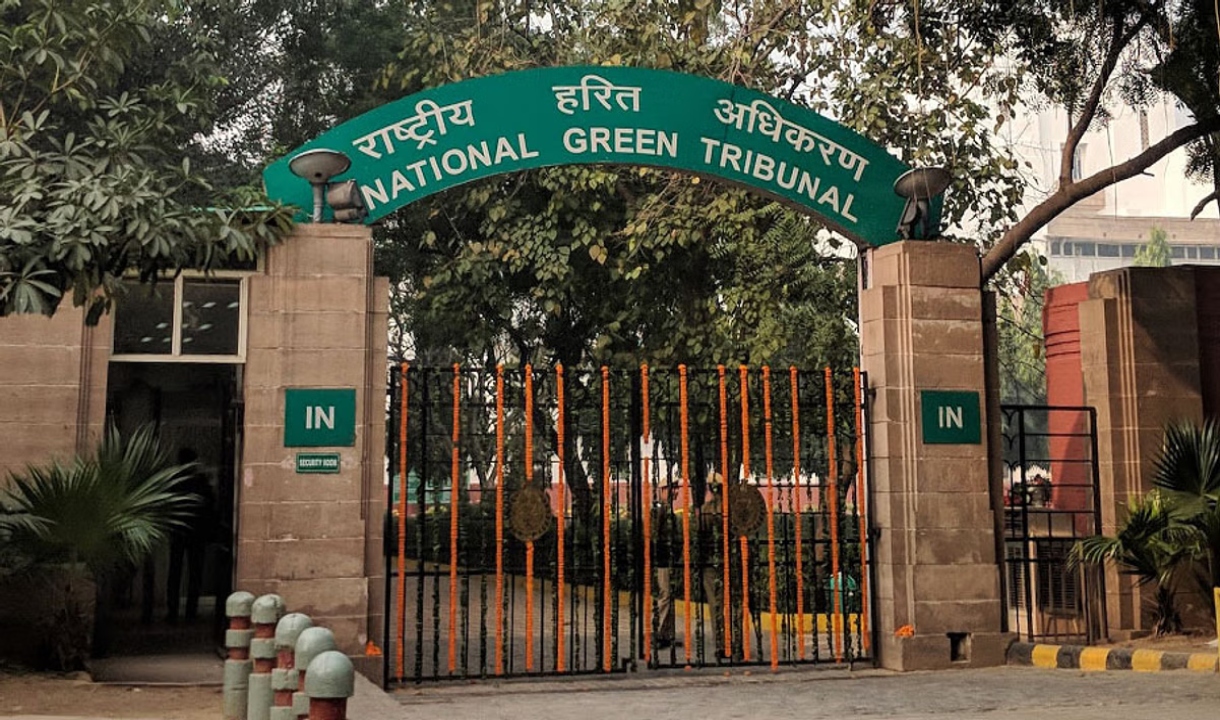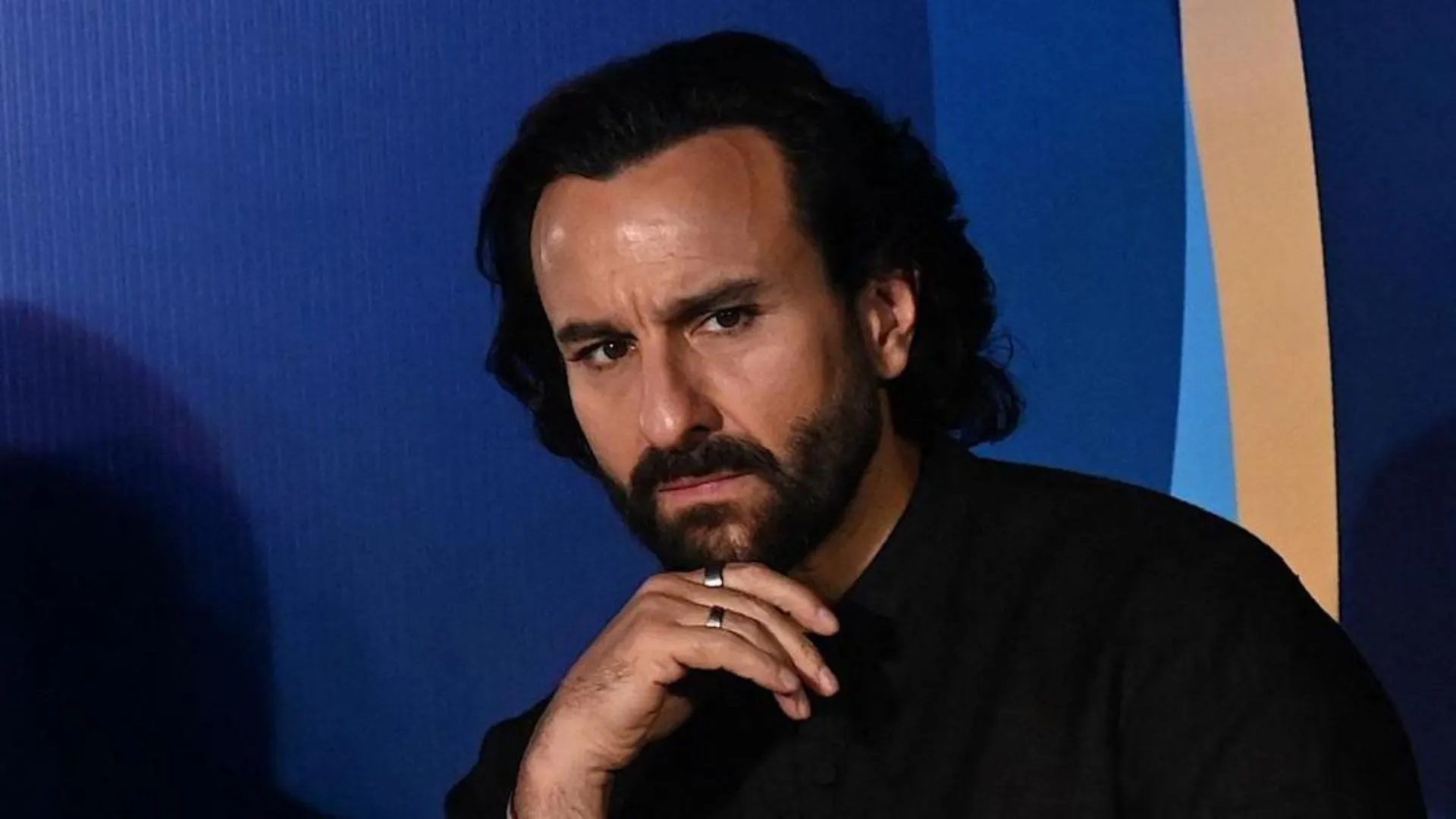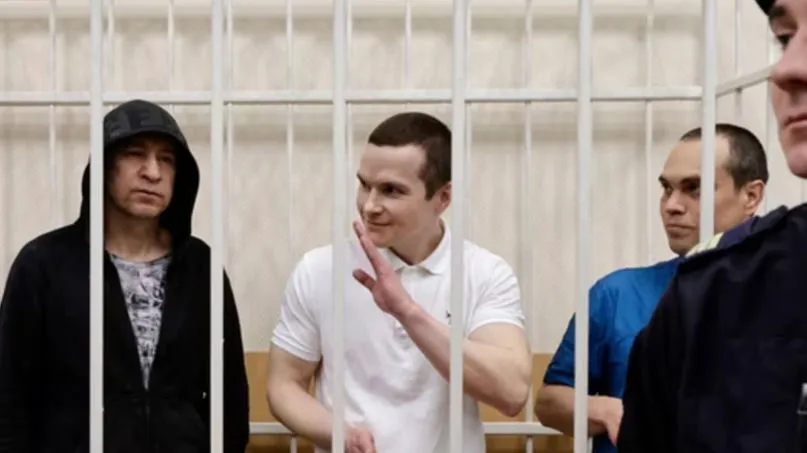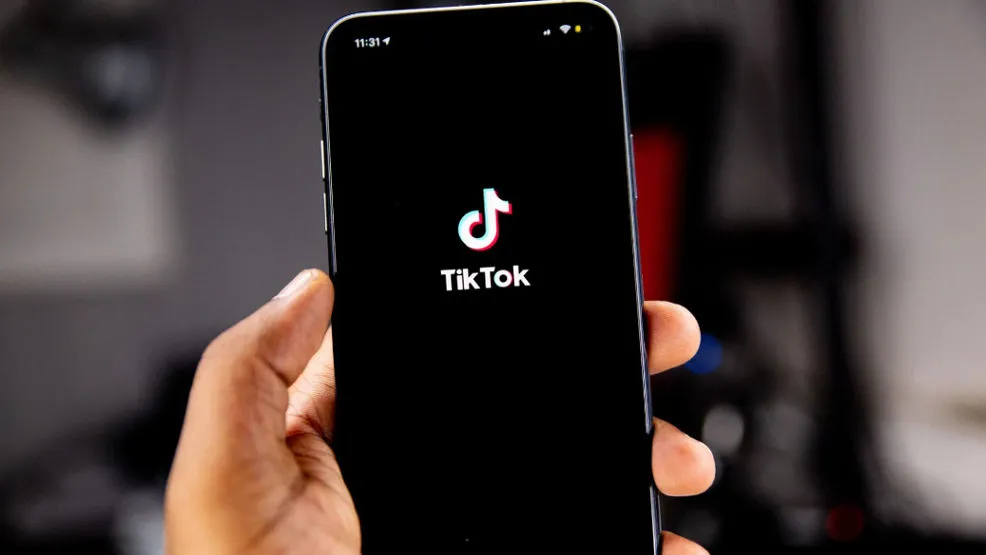The National Green Tribunal (NGT) has pulled up various Delhi’s authorities, including Pollution Control Committee (PCC), for their ‘lack of coordination’ in addressing the issue of illegal groundwater extraction for commercial purposes.
The NGT was addressing a petition that highlighted the unlawful extraction of groundwater by unauthorized operators, often referred to as the ‘tanker mafia,’ who use borewells to extract water. This extracted groundwater is then processed through reverse osmosis (RO) plants and utilized for commercial purposes.
The petition asserts that these illegal operators in the national capital lack a no-objection certificate (NOC) issued by the Central Ground Water Authority (CGWA).
In a previous order issued in July, the tribunal had instructed the relevant authorities to take ‘prompt coercive action’ by immediately sealing the illegal borewells. Additionally, they were directed to establish an effective mechanism for preventing the extraction of groundwater by unauthorized operators and the tanker mafia.
A recent order from a bench consisting of judicial member Justice Arun Kumar Tyagi and expert member Afroz Ahamd noted that, in response to the tribunal’s previous directive, reports were submitted by the DPCC, the sub-divisional magistrate (SDM) of Mehrauli, and the district magistrate (DM) of South Delhi.
The bench observed, ‘Reports filed by the authorities concerned show a complete lack of coordination between them.’
The DM’s report revealed that the assessment of compensation for environmental violations had been pending with the DPCC for an extended period. The DPCC’s report indicated that it lacked essential information about the owner of a plot with an illegal borewell, and this information was also unavailable with the SDM. The bench criticized their actions, stating that ‘the authorities concerned, who are under a statutory and constitutional obligation to protect and improve the environment, cannot be allowed to neglect or delay taking appropriate remedial action for the protection and improvement of the environment on such frivolous grounds or lame excuses.’
The NGT directed these authorities to resolve any bottlenecks in the implementation of statutory provisions and environmental norms, requesting them to obtain relevant information from the concerned authorities and avoid unnecessary delays in taking appropriate action. The authorities were further instructed to submit additional action-taken reports within three months. The case is scheduled for further hearing on February 7, 2024.

















